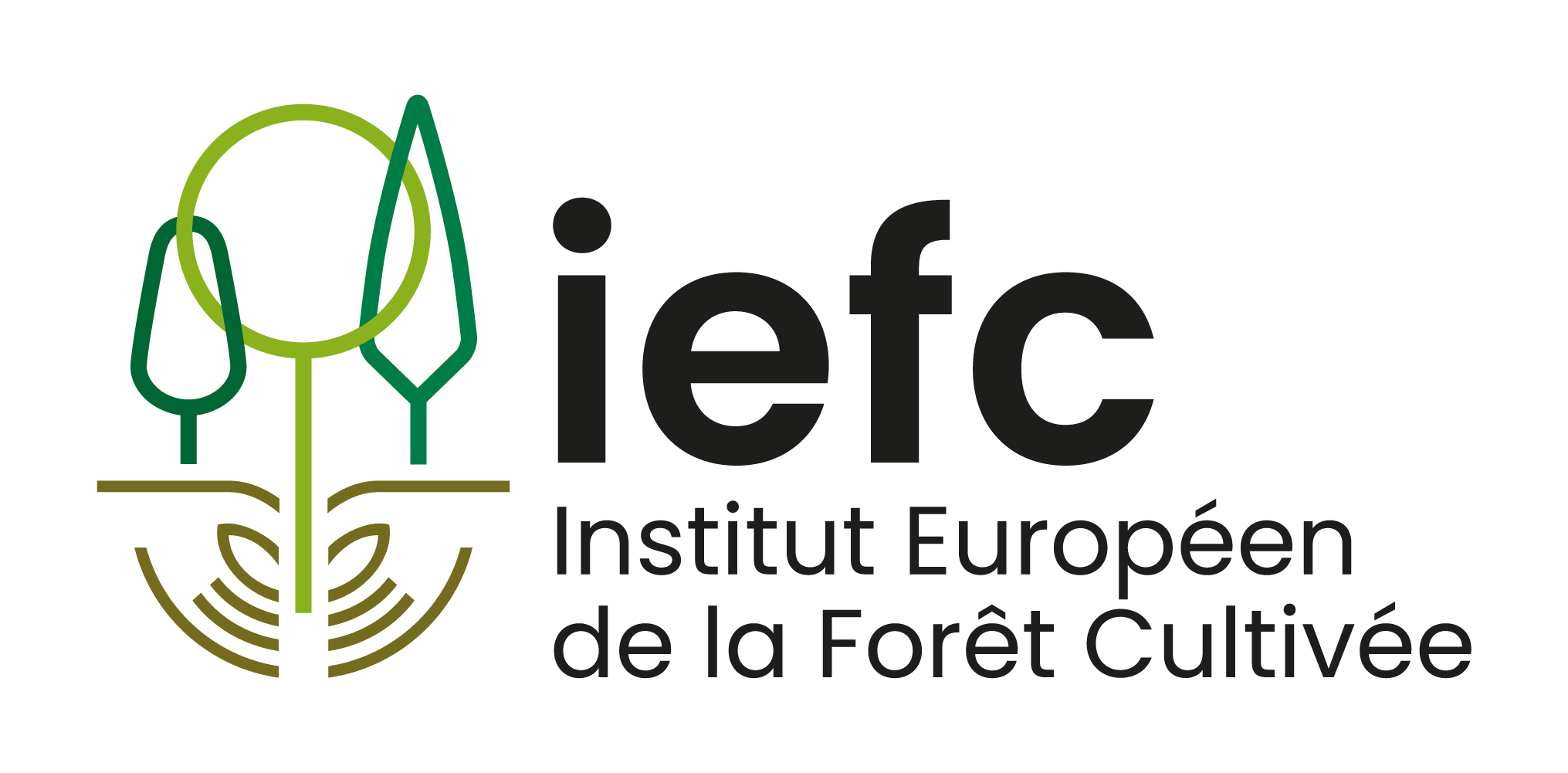The Institut Europeen de la Foret Cultivee (IEFC) a while regretting that the new EU Forest Strategy was not developed in conjunction with the Member States and stakeholders (also remarked upon in the EU Council conclusions), nevertheless, welcomes some of these EU Council conclusions on the new EU Forest Strategy for 2030, a selection of which are highlighted below.
The council in its conclusions emphasised the need to recognise, respect and maintain the diversity and specificities of forests and forest ecosystems, of forest coverage, management and silvicultural practices, ownership, cultural and historical developments while stressing that a ones size fits all approach in the EU may prove counterproductive.
On Forest Definitions and Indicators
The council is convinced that full advantage should be taken of existing definitions and indicators developed in international and regional processes such as FOREST EUROPE, which should be fully used for monitoring and reporting on the conditions of the forests in the EU.
On Sustainable Forest Management (SFM)
For those working with planted forests over the past 40 years or more it is welcoming to see the Councils recognition of SFM as defined by FOREST EUROPE and the fact that ‘it is a dynamic and evolving concept, providing a framework for balancing the provision and enhancement of ecological, economic and social services of forests and/or forest ecosystems to contribute to the three dimensions of sustainable development and thus promoting the multiple functions of forests.’It is noteworthy too that the council stressed the importance of SFM ‘as a nature based solution’ catering for the multifunctionality of forests and forest resources while also contributing to the mitigation of climate change.
The Council conclusions also invited the Commission, in close cooperation with the Member States, and others, to carry out an assessment and to decide together on whether new EU level indicators, thresholds or ranges for SFM are needed and on what their added value would be. Furthermore, these thresholds or ranges must be decided and set at national level or sub-national level.
Its recognition of existing certification schemes is also noted where it urges that the added value to already existing voluntary certification schemes for SFM should be a precondition for any consideration of introducing new certification schemes while also emphasising the importance to clarify the need for new EU “closer-to-nature” certification schemes and their demonstrable added value.
On The Bioeconomy
In emphasising the role that forests can play in the EU’s transition to a sustainable and green competitive circular bioeconomy the council illustrates its commitment and support to the forest sector and recognises the role that sustainable production and use of forest-based products, long and short-lived ones (but especially long lived ones), will play in contributing to the climate goals, and aiding in this sustainable and green transition. It also stresses the important role of forests in the EU in the fight against biodiversity loss.
On Forest Owners and stakeholders
On behalf of our forest owners networks we welcome the Councils encouragement and calls for full involvement and constructive dialogue between all the relevant stakeholders, including forest owners and managers, in the consultations preparing the implementation and in the Strategy implementation itself.
The recognition by the Council of the key roles that forest owners and forest managers will play in delivering on the Strategy’s objectives, including in supporting the development of rural areas and as a provider of livelihoods and important ecosystem services is hugely welcomed and it is hoped that this recognition will be followed through on in its implementation. The invitation to the member states to explore options for and use innovative financial incentives and solutions for ecosystem services, climate change mitigation and adaptation, biodiversity, including those solutions such as close-to-nature forestry and carbon farming, while limiting the administrative burden for forest owners, managers, and public administrations is also welcomed in these comments.
The Council also agrees to the need for an inclusive approach and good coordination between EU forest relevant bodies and regrets that the strategy omits the international dimension of various international and relevant fora.
While the Council welcomes the plan to plant 3 million trees it also recognises the fact that it should be voluntary within individual states and that each state should retain autonomy in whether to implement this or not according to their regulations governing afforestation.[The essential role of forests for human health and wellbeing is highlighted and in conclusion requests a deeper look into the role of forests and SFM in the One Health Approach and to enhance the contribution of forests, nature areas and public parks for the wellbeing of people
Dr Nick Mc Carthy
